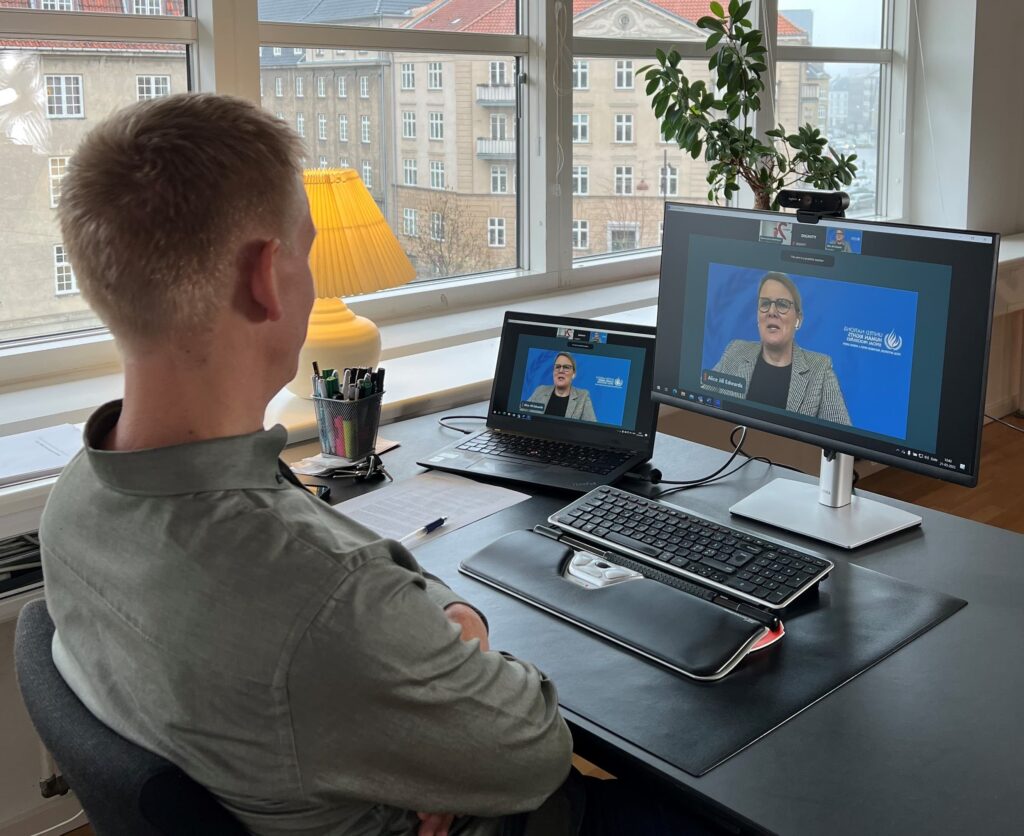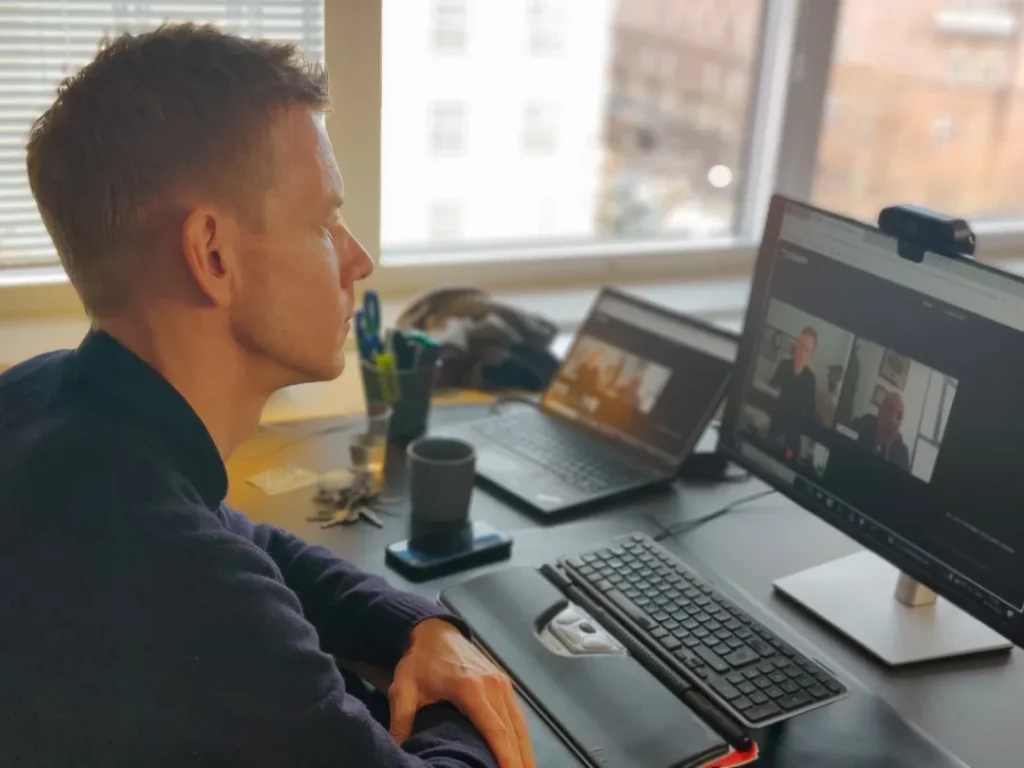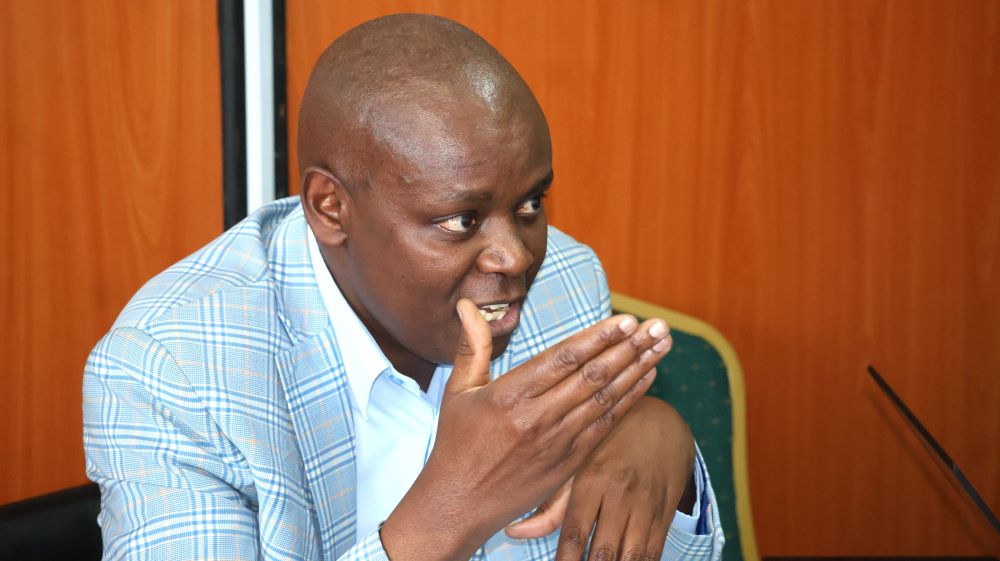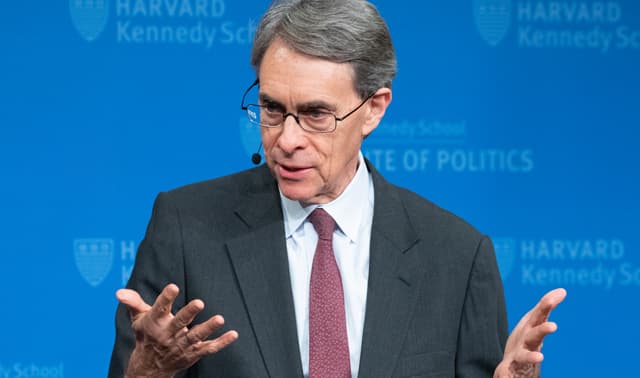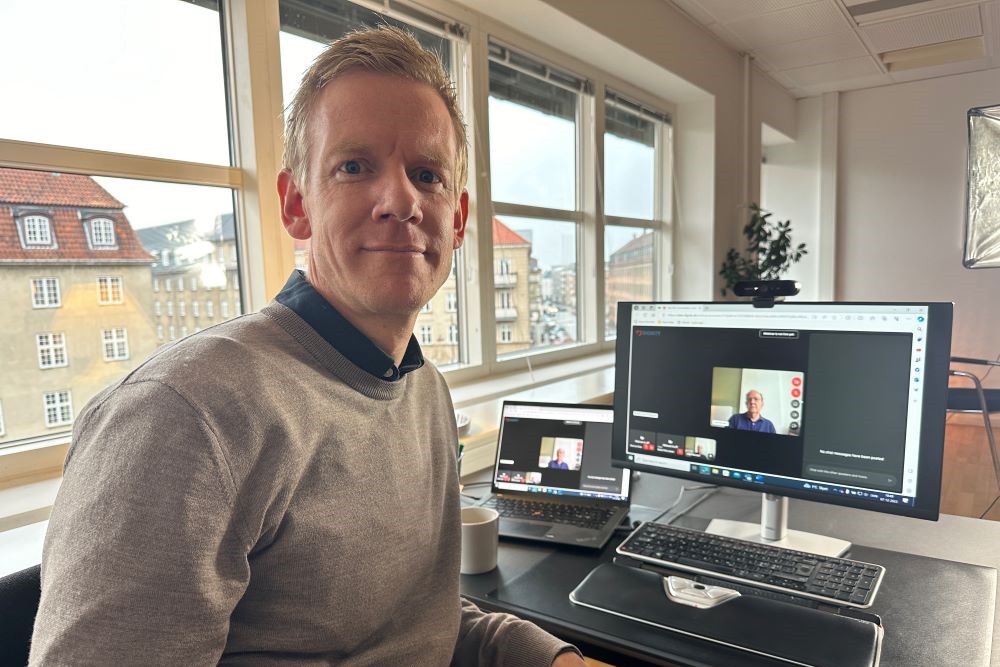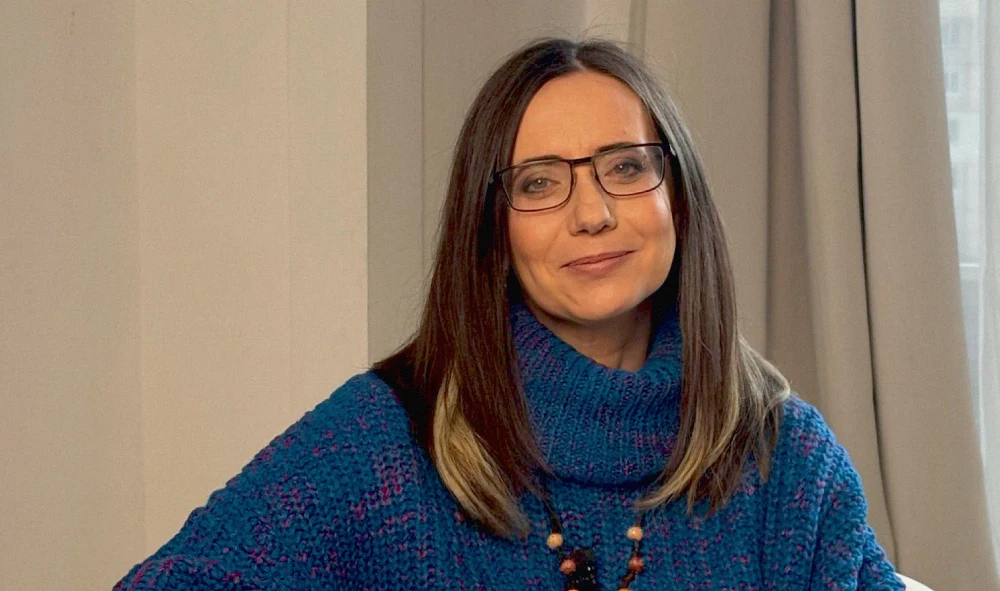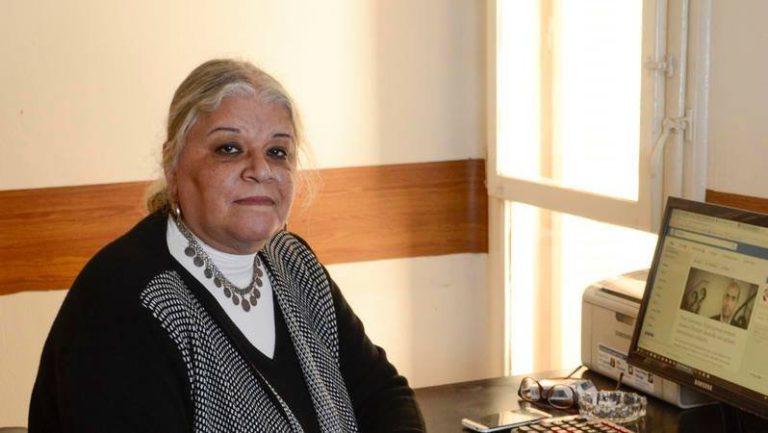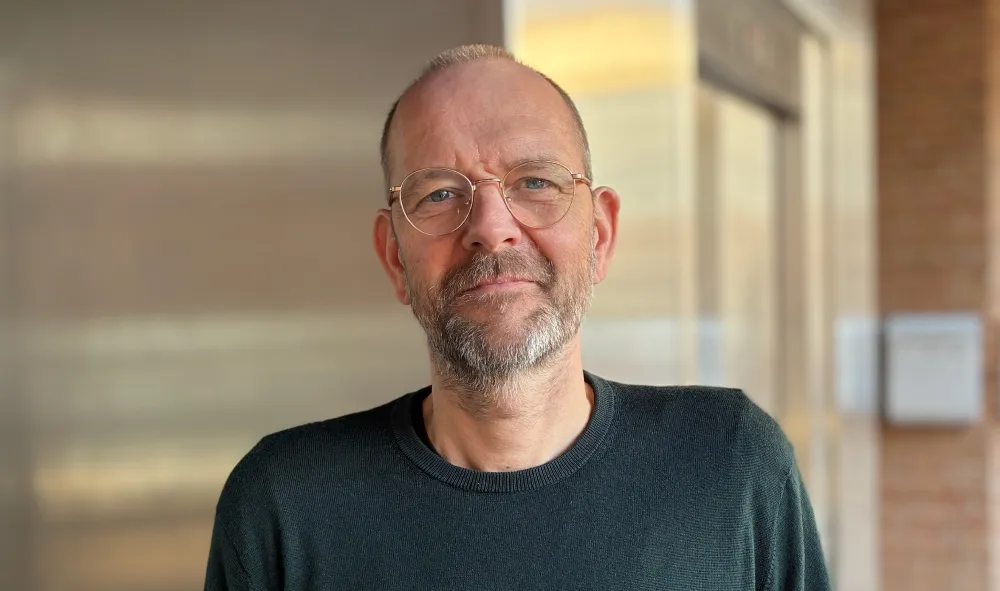UN Special Rapporteur Alice Edwards talked to DIGNITY CEO Rasmus Grue Christensen at this week’s live talk on Zoom
Shrinking civic space is one of the new challenges in the global fight against torture, UN Special Rapporteur on Torture Dr. Alice J. Edwards pointed out at DIGNITY’s live Zoom talk with her on Tuesday where she was being interviewed by CEO Rasmus Grue Christensen.
»In many countries around the world, we have shrinking civic space and political divisions that are causing a sense of frustration with the government. We also have economic and social challenges, especially in this era of heightened inflation. We find things like police overreach and protests and assemblies being controlled and managed in a very heavy-handed way«, said the Australian human rights lawyer, who assumed the position of UN Special Rapporteur on August 1st, 2022.
She also mentioned Western governments’ measures after the 9/11 terrorist attacks as a challenge for those trying to eliminate torture.
»Since 9/11 we have had the revival and extension of torture and inhuman treatment in the name of counter-terrorism. There has been a normalisation of the approach that in certain circumstances torture or inhuman treatment could be permitted. But as human rights advocates, we know that there is never an acceptable use of torture. The right not to be tortured is one of the few human rights that are absolute in all circumstances. There is never a justification for torture«, said Alice Edwards.
The definition has not changed
Even though the definition of torture has not changed, we do today talk about torture and ill-treatment in many settings beyond the traditional setting of a dictatorship trying to control specific opponents or oppressing the broader population.
»Today we also apply the definition of torture in many other areas such as psychiatric hospitals and health care settings, homes for orphans and juveniles, persons with disabilities. Vulnerable persons such as refugees and asylum seekers are at risk. We knew in the past that they were fleeing torture and inhuman treatment, which was classified as persecution, and now we are seeing the treatment within host countries being aligned under the umbrella of torture and inhuman or degrading treatment. There is a wide number of cases«, Alice Edwards said.
The UN Special Rapporteur had a message to DIGNITY and the many other civil society organisations that are active in advocacy against torture or rehabilitation of torture survivors:
»Keep doing what you are doing«, she said.
»For advocacy organisations it is incredibly important to keep torture issues high on local, national, or international agendas. It is extremely important that NGOs keep providing rehabilitation services, for the well-being of individuals, their families and society at large«.
Ending the 45-minute live talk, Rasmus Grue Christensen asked Alice Edwards how she wanted to be remembered as UN Special Rapporteur.
»That will be for others to judge at the end of the day. But I hope that I will be considered an honest and fair Special Rapporteur on Torture and hopefully have brought some new ways of thinking about things and some impetus and lent my voice to the excellent work of others«, Alice Edwards said.
Listen to the recording of the webinar below

